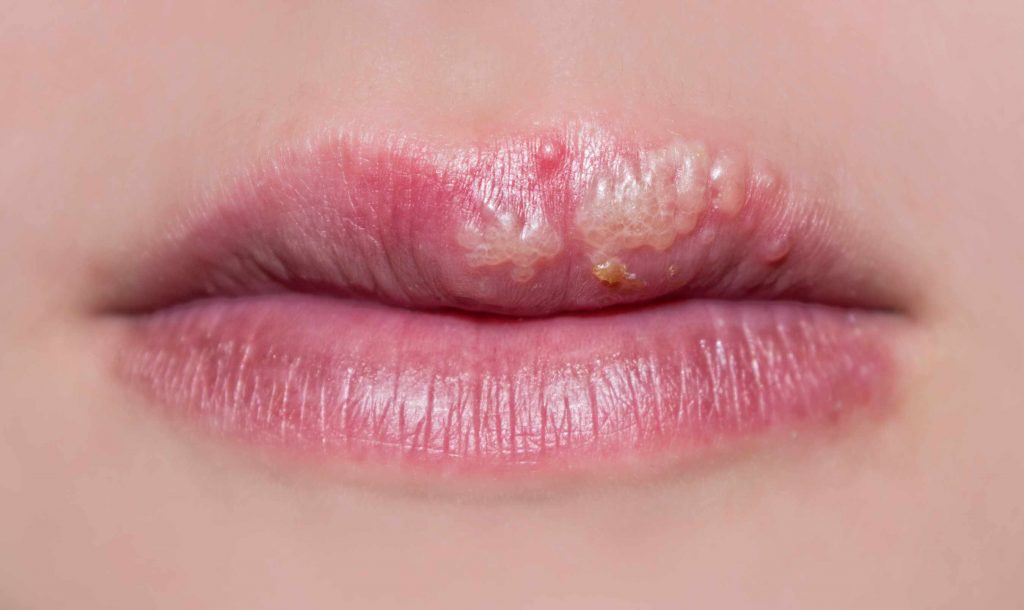-
Featured News
Mayo Clinic Q and A: Direct Contact With Cold Sore Could Spread Virus

DEAR MAYO CLINIC: My husband frequently gets cold sores. Most of the time, it seems they are due to stress. We’ve been together for two years. I’ve never had cold sores, and I’d like to avoid ever getting them. I always assumed we should just avoid kissing until the cold sore is gone, but I recently heard that even touching can spread the virus as long as it’s visible. Is this true? Also, are there things he can do to keep from getting cold sores so often?
ANSWER: The virus that causes cold sores usually is spread to other people through saliva. So, your inclination to avoid kissing while your husband has a cold sore is a wise move. But, it’s also true that some active virus is present at the site of a cold sore. That means any direct contact with the sore could spread the virus. There are a number of steps your husband can take to reduce the chance of spreading the virus that causes the sores and lower his risk for developing cold sores frequently.
Cold sores are tiny, fluid-filled blisters on and around the lips. The blisters often are grouped together. After the blisters break, a crust forms over the resulting sore. Cold sores typically heal within one week without leaving a scar.
The medical term for cold sores is herpes simplex labialis. You also may hear them referred to as fever blisters. The sores usually are caused by a herpes simplex virus, HSV-1. Most people who get this virus are first infected during childhood, and the initial infection typically produces few symptoms.
Once HSV-1 is in a person’s body, however, it doesn’t go away. Instead, it remains dormant in the nerve cells of the skin. Over time, the virus can reactivate and cause other cold sores to appear. Cold sores that come back in otherwise healthy people are thought to be triggered by stress, fatigue and sunlight.
To keep the virus from spreading, your husband should be careful to avoid kissing and other skin-to-skin contact with you and with anyone else while he has a cold sore. He also should keep his personal items, such as towels and lip balm, separate from other people in your household during the time he has a sore. Do not share utensils, cups or other dishes either.
As in your husband’s situation, stress is a common trigger for recurrent cold sores. Sunshine exposure also may lead to cold sores in many people who have had them before. Regularly using a lip balm with a broad-spectrum sunscreen may help reduce his number of cold sore outbreaks.
Cold sores generally clear up on their own without medical treatment. But, if your husband continues to get them regularly, he may want to talk with his doctor about medications that are available for cold sores. Several kinds of prescription oral medication can be used to speed the healing of cold sores. They don’t have an effect on the transmission of the virus to other people, though. For individuals who often develop cold sores, or for those at risk of serious complications from the sores, a daily dose of an antiviral medication may be useful to help prevent frequent outbreaks. — Dr. Jason Sluzevich, Dermatology, Mayo Clinic, Jacksonville, Florida







